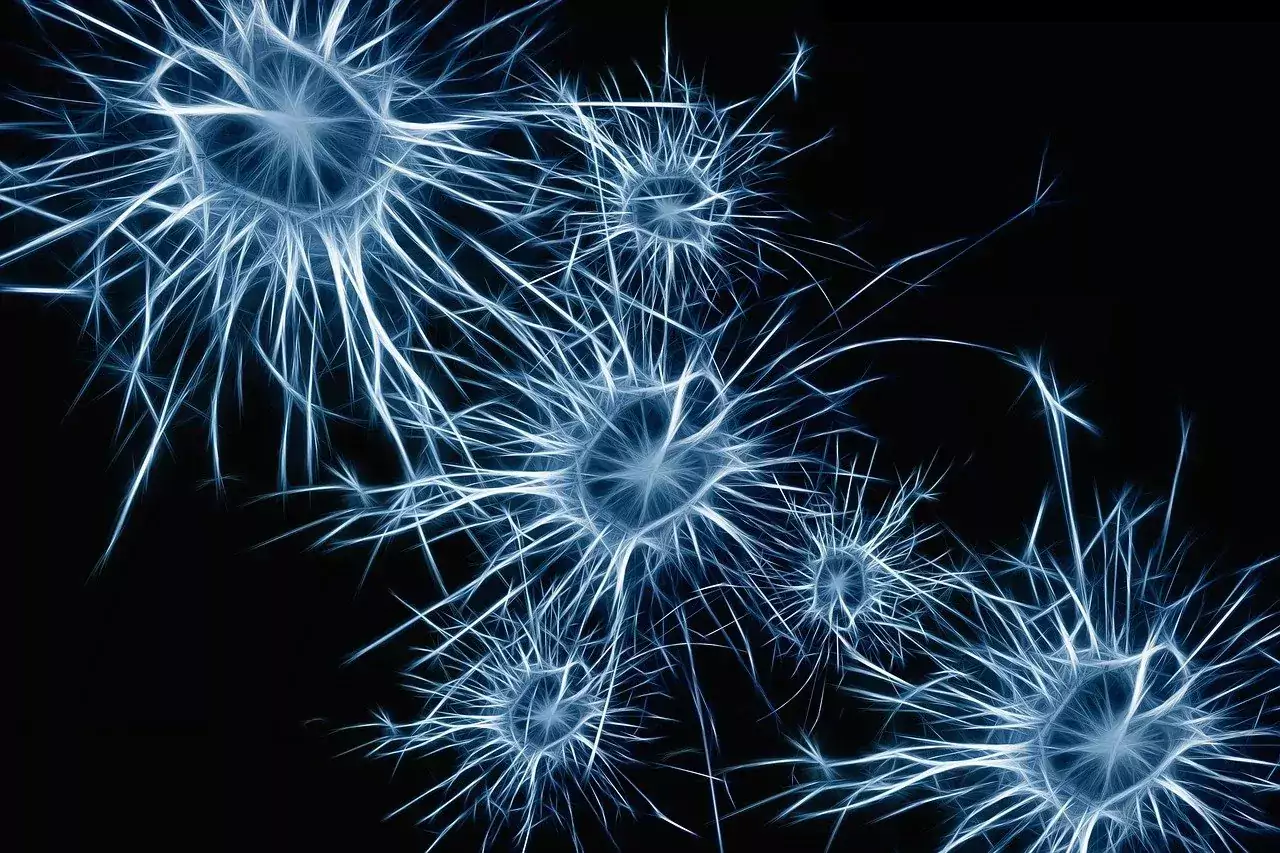Iovino lab awarded funding from the ItsME Foundation

Federico Iovino and his lab members have been awarded with a grant from the ItsME Foundation to enable their research on the prevention of neuronal damage caused by bacterial infections. The ItsME Foundation was founded in 2019 by Jur Deitmers and has its base in The Netherlands, with the goal to fight Meningitis and Encephalitis.

Research on meningitis and encephalitis is incredibly important. Brain infections are life-threatening if not diagnosed and treated promptly. Moreover, most of the people affected by meningitis and encephalitis suffer with neurological disabilities, such as hearing loss, motor disabilities, cognitive delay, seizures, and psychiatric disorders, even after the infections are successfully treated.
“Such neurological disorders occur because of neuronal damage caused by pathogens”, explains Federico Iovino, Associate Professor and group leader at the Department of Neuroscience, Karolinska Institutet. His research group has recently discovered the molecular mechanisms regulating the interaction between neurons and Streptococcus pneumoniae (the pneumococcus), the main etiological cause of bacterial meningitis and encephalitis globally (publication in PLOS Pathogens, https://journals.plos.org/plospathogens/article?id=10.1371/journal.ppat.1009432).
“Our goal is now to establish a new therapeutic approach to protect neurons by blocking this bacteria-neuron interaction mechanism”, Federico Iovino continues.

Nowadays, antibiotics are the only tool to fight bacterial infections. However, because of the difficult penetration through the blood-barrier and the constant problem of antibiotic-resistance, antibiotics are often not very successful to efficiently treat brain bacterial infections. Other therapies are needed, especially to protect neurons, since damaged neurons cannot be either repaired or replaced.
“The bacteria-neuron blockade strategy has the potential to be the first therapeutic approach to prevent permanent neurological disabilities caused by bacterial meningitis and encephalitis”, says Miguel Tofiño Vian, postdoctoral researcher in the Iovino Laboratory and the leading scientist on this project.
